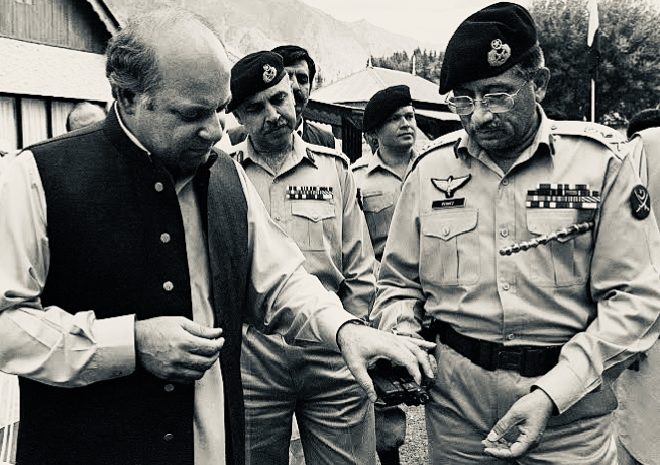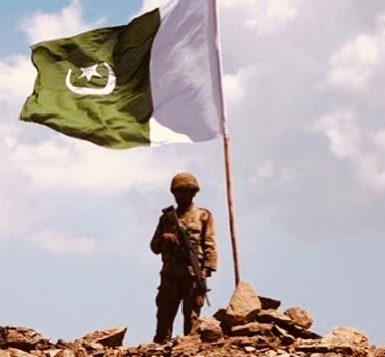October 12, 1999 is the day in Pakistan’s history when Army Chief General Pervez Musharraf overthrew the elected Prime Minister Nawaz Sharif’s government and seized power.
After the Kargil War, the differences between Nawaz Sharif and General Musharraf intensified. The matter became serious when Nawaz Sharif dismissed Musharraf on his return from Sri Lanka.
The military leadership reacted immediately after this move. General Aziz Ahmed, General Mahmood, Major General Shahid Aziz, General Ehsan-ul-Haq and Corps Commander Karachi Muzaffar Usmani took action and overthrew the government and appointed Pervez Musharraf as the country’s Chief Executive.
After assuming power, Musharraf retained both the positions of president and army chief. During his tenure, the judiciary and parliament provided constitutional legitimacy to the October 12 measures.
After 9/11, Musharraf moved closer to the West internationally and became a key ally in the war on terror. During this time, elections were held in Pakistan, in which Benazir Bhutto and Nawaz Sharif were outside the country, but the Musharraf government tried to give them a democratic color.
However, his political decline began after the imposition of a second emergency in November 2007 and he had to leave power on August 18, 2008.
He was later tried and convicted by a special court in connection with the emergency, but he was never imprisoned. He died in exile in Dubai and was buried with full honors in Karachi.
Even today, the 1999 military intervention is an important chapter in Pakistan’s history, the effects of which are still noticeable on the country’s politics.









